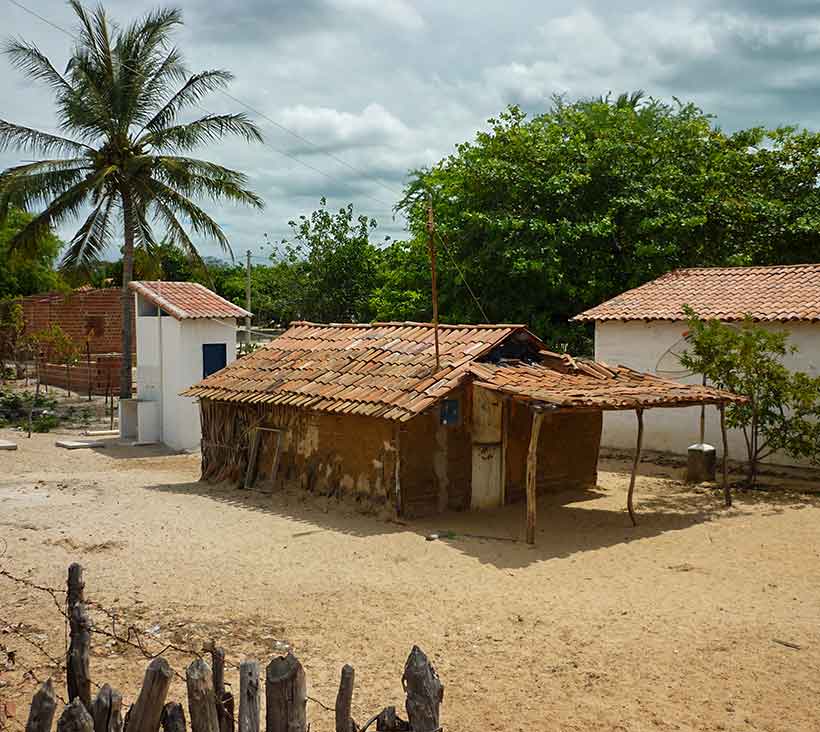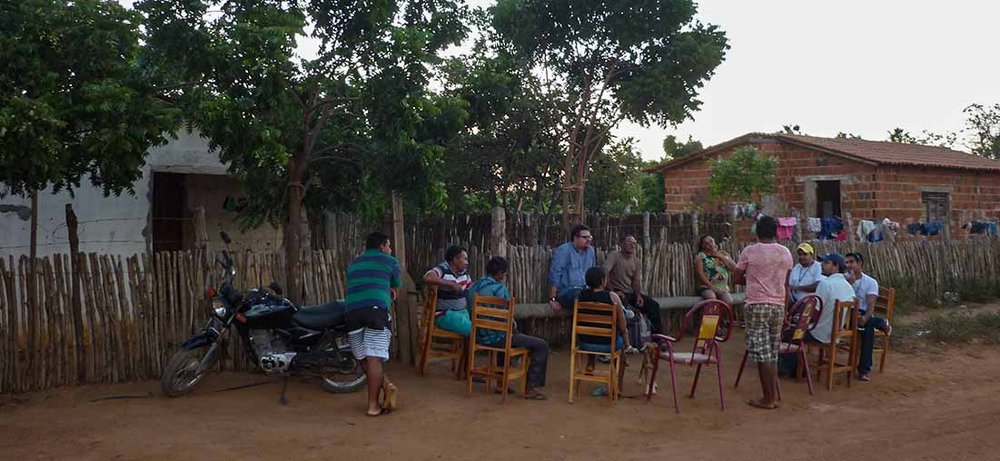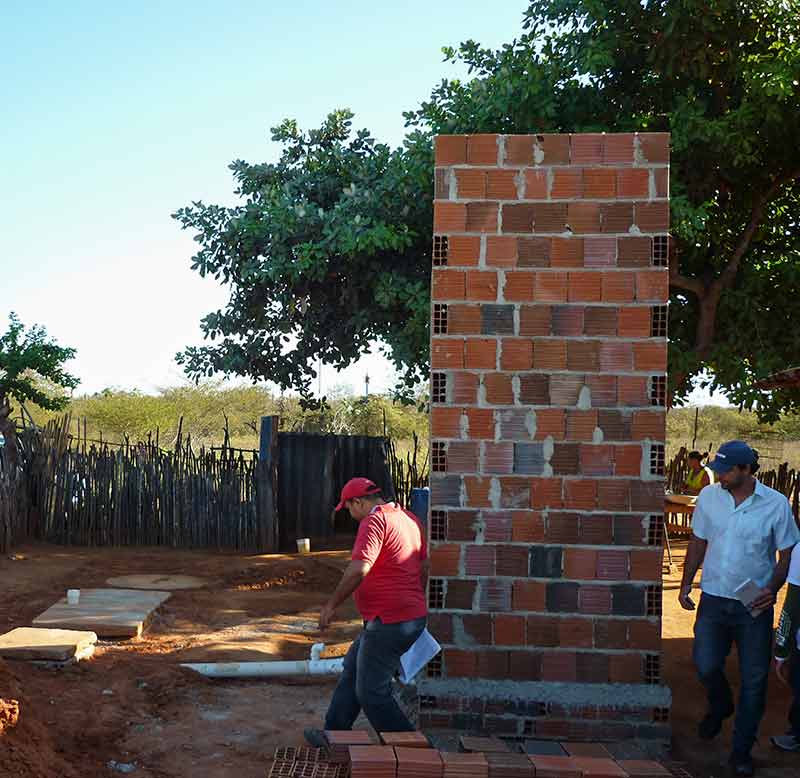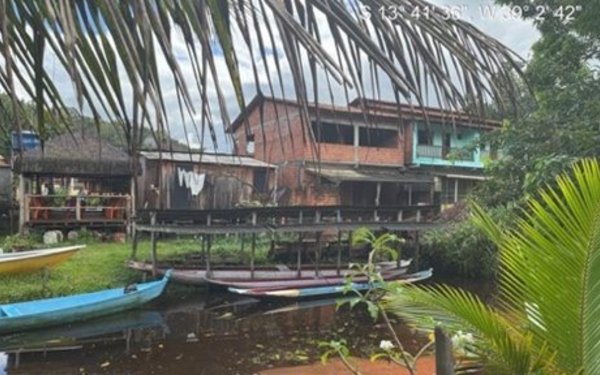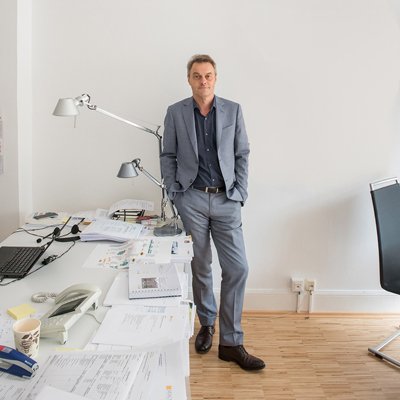MACS was invited by the InterAmerican Development Bank to help preparing a new project for the Bahian portion of the Atlantic Forest biome: “Parceiros da Mata”. MACS will be responsible for planning the intervention in the communities for supplying drinking water, sanitation facilities, and a pilot for solid waste. This new Project will involve 77 municipalities in the State of Bahia, Brazil. The first field mission took place in May 2023, and MACS staff were overwhelmed by the beauty of the region and by the fascinating challenge to provide sustainable development for the Atlantic Forest.
The Atlantic Forest is a considered one of the richest biomes on the planet and is composed of a set of forests and ecosystems that corresponds to 15% of the Brazilian territory. For more than the last hundred years, this area has suffered from deforestation, fires, and environmental degradation. That is why, currently, the vegetation corresponds to only 7% of the original forest, with medium and large trees, constituting a dense and closed forest.
Among the Brazilian states, it is present in 17 of them: Alagoas, Bahia, Ceará, Goiás, Mato Grosso do Sul, Minas Gerais, Paraíba, Paraná, Pernambuco, Piauí, Sergipe, Rio Grande do Norte, Rio Grande do Sul, São Paulo, Espírito Santo, Rio de Janeiro, and Santa Catarina. It is important to highlight that 70% of the Brazilian population live in the Atlantic Forest region, which represents more than 120 million people.
